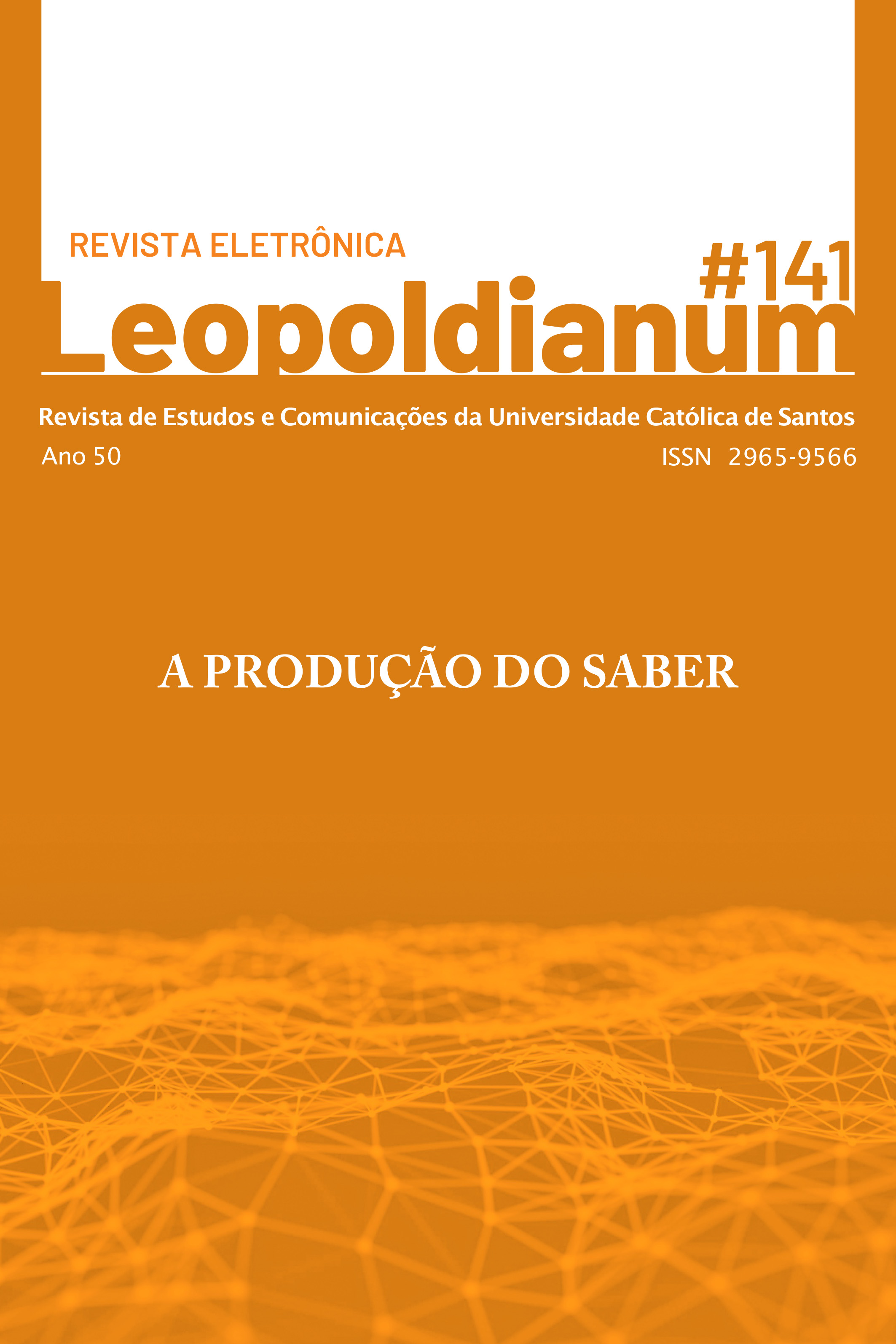THE IMPOSSIBILITY OF AUTOMATIC CONVERSION OF PRISON INTO PREVENTIVE
AN OVERCROWDED PRISON SYSTEM
DOI:
https://doi.org/10.58422/releo2024.e1548Abstract
Due to the excessive number of people incarcerated in Brazil, it is necessary to reflect on this ongoing model of mass incarceration, which destroys lives and does not promote resocialization. Therefore, this research proposes to analyze the institution of preventive detention in light of the Anti-Crime Package, focusing on the ex officio conversion of flagrant detention into preventive detention, analyzing its impacts on the Brazilian prison system, as well as its disharmony with the accusatory system. It should be noted that the conversion of arrest in the act into pre-trial detention by the judge is a delicate and socially important topic, which needs to be understood based on the Brazilian prison crisis, triggered by overcrowding and, based on the Anti-Crime Package, which in prisons precautionary measures recognizes the magistrate's passivity regarding the decree of preventive detention. Therefore, the question is, what is the impact(s) of the automatic conversion of flagrant arrest into preventative arrest? The research hypothesis is that the automatic conversion of flagrant arrest into preventative arrest ends up further increasing the number of people incarcerated. The answer to the research problem will be based on the inductive method, bibliographical and documentary research, which aims to analyze the impacts of the judge's automatic conversion of arrest into preventative arrest. This research has the general objective of critically analyzing the impacts of the automatic conversion of flagrant arrest into preventative arrest, as well as describing the magisterial stance that is expected in the accusatory system.
Downloads
Published
Issue
Section
License

This work is licensed under a Creative Commons Attribution 4.0 International License.
A Revista Eletrônica Leopoldianum - Revista de Estudos e Comunicações da Universidade Católica de Santos (ISSN: 2965-9566) é detentora dos direitos autorais de todos os artigos publicados por ela. A reprodução total dos textos em outras publicações, ou para qualquer outro fim, por quaisquer meios, requer autorização por escrito do editor. Reproduções parciais de artigos (resumo, abstract, mais de 500 palavras de texto, tabelas, figuras e outras ilustrações) deverão ter permissão por escrito do editor e dos autores.












